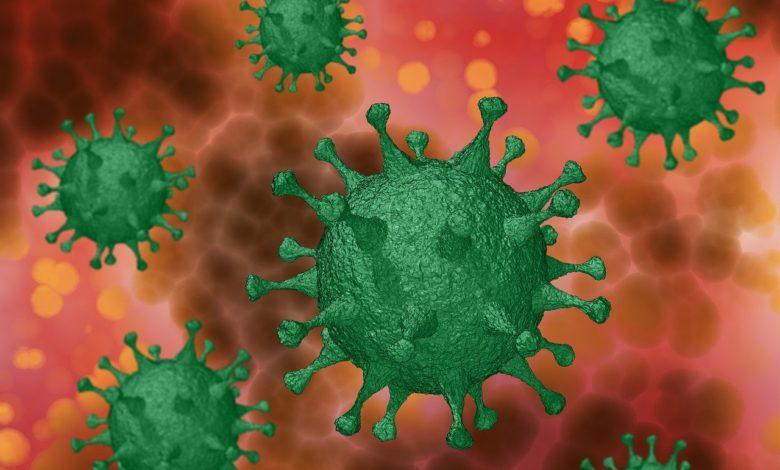Coronavirus mutates slower than flu: high risk of a long-term vaccine

We mainly live on hope in these corona times, and there is also one. Scientific research shows that the new coronavirus mutates more slowly than other respiratory viruses such as the flu. This has two positive effects. One: it doesn’t look like the infection is getting any more dangerous. Two: a possible vaccine could have a long-lasting impact. Simply put: the vaccine would go in the direction of a vaccine like the one against measles, rather than the seasonal flu.
An analysis of 1,000 samples of the new coronavirus revealed only four to ten genetic differences between the strains that infected people in the US and the original virus that struck Wuhan. That’s what Peter Thielen, a molecular geneticist at the renowned Johns Hopkins University, says in the Washington Post. “At the moment, this mutation rate of the virus would mean that if a vaccine against the coronavirus is developed, it would be a single vaccine, rather than a new vaccine like the flu every year,” said Thielen.
“Two to four times slower than the flu”
This has to do with the fact that the virus mutates relatively slowly. Subtle changes have been made to the genome of the coronavirus, but it still appears to be the same virus wherever it appears. All strains are almost identical. According to Edinburgh University molecular evolutionary biologist Andrew Rambaut, the coronavirus has an average of one or two mutations per month. “That’s two to four times slower than the flu,” he says.
“The genome of the flu virus mutates about every ten days,” scientist Trevor Bedford wrote on Twitter. He is researching Covid-19 in Seattle. Most of these mutations remain without effect, but occasionally a variation does appear that undermines our existing immunity to the flu virus. That is why we have to get a new vaccination every year to protect against seasonal flu. It is also why the latest vaccine does not always provide 100 percent protection.
So that’s different with the new coronavirus, which most likely won’t mutate that way every season. According to Bedford, the virus will take “a few years” to achieve that goal.
Possible vaccines
More than forty possible vaccines are already under construction. Biotech company Moderna has begun testing on humans. But no vaccine is expected on the market before March 2021.
The good news is that we will most likely be safe with that vaccine for a few years from then on, although caution with viruses is always advised. “We haven’t seen any changes in the way it strikes so far, but we’re keeping a close eye on it, as it could mutate and slightly adjust its strategy,” said world-renowned virologist Anthony Fauci, director from the National Institute of Allergy and Infectious Diseases in the US, on Sunday at CBS.




